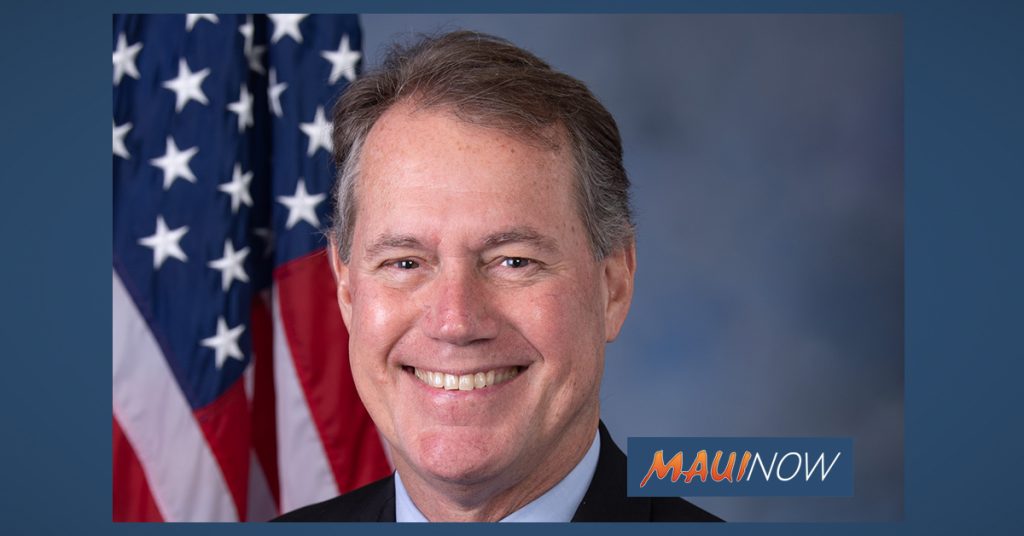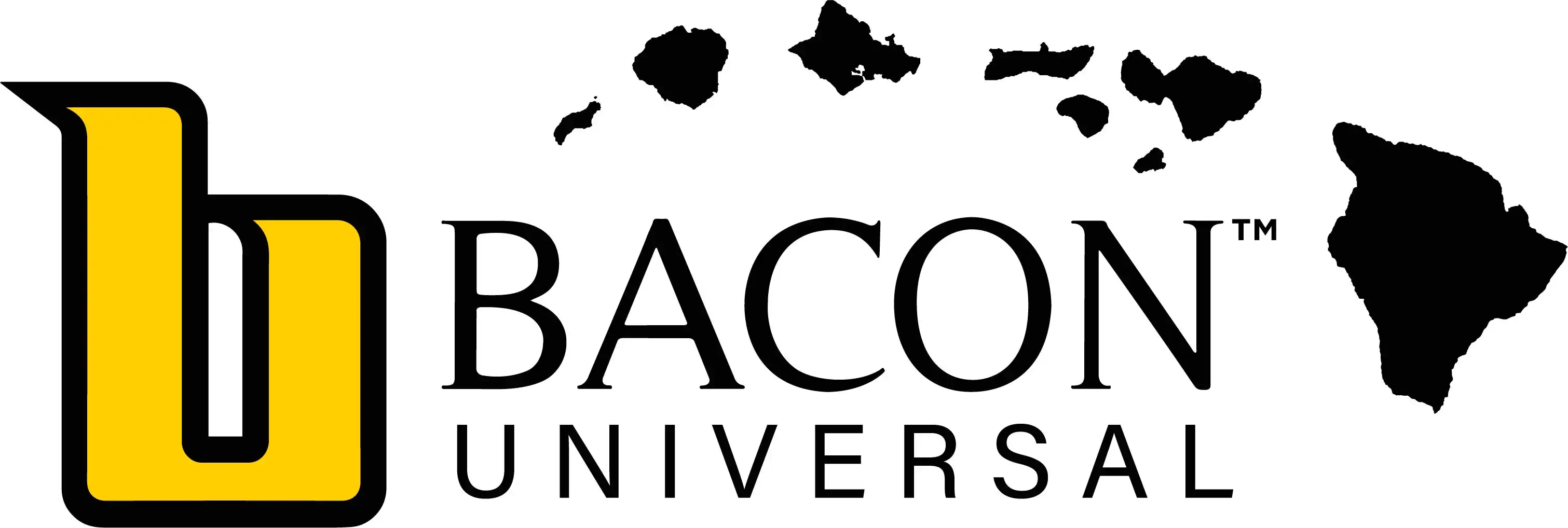Rep. Case Requests Funding Native Hawaiian Programs, Indigenous Health

Congressman Ed Case, HI-01, announced his House Appropriations Committee’s approval today of its Fiscal Year 2022 Labor, Health, Human Services and Education funding measure, with $254 billion in discretionary funding for a broad range of key federal programs that support public health, child care, mental health, maternal health, job training and workforce development, public education and various initiatives to address the continuing COVID-19 pandemic.
“As we continue to emerge from the pandemic, our measure will bolster our public health infrastructure with resources for the Centers for Disease Control and Prevention (CDC) and for states and local governments to
strengthen their own health infrastructure and capacity,” said Case, a member of the Appropriations Committee.
“I am especially pleased that my Committee approved my Community Project Funding (CPF) requests to support a new headquarters for the Blood Bank of Hawai‘i and a rural health research facility at the University
of Hawai‘i.”
This year the House supported CPF requests by individual Members of Congress for specific projects and purposes in their district. CPF requests may only be directed to governments or non-profits, not-for-profit
businesses or individuals. They must have demonstrated community support, and they are subject to audit by the independent Government Accountability Office.
Case secured the following CPF projects in the Labor-HHS-Ed Appropriations bill:
- $2,000,000 for facilities and equipment at the Blood Bank of Hawai‘i,
- $1,000,000 for rural health research initiatives at the University of Hawaiʻi,
- $975,000 for digital skills literacy training at the State of Hawai‘i Workforce Development Council, and
- $1,050,000 for facilities and equipment at Kōkua Kalihi Valley Comprehensive Family Services.
“The pandemic has forced many in our community to consider changing course and pursuing another career path,” said Case. “The initiative of the State of Hawai‘i Workforce Development Council, which this bill funds, will
provide digital literary training via in-person computer classes and access to online learning resources.”
Case continued: “The goal of the program is to produce a digitally-ready statewide workforce by reaching up to 8,000 people with basic computer skills training and providing access to more advanced workforce skills through online learning resources to over 2,500 people.”
“The last year has also made abundantly clear that much more must be done to address social determinants of health and tackle the root causes of health disparities”, said Case. “I am grateful for our bill’s funding of the
construction of a new indigenous-focused health and education center at Kōkua Kalihi Valley Comprehensive Family Services, which aims to provide more tailored, culturally-competent care to those made vulnerable to
COVID-19 and chronic disease. The center will also provide for community space as well as training for community health workers and clinical staff to integrate indigenous knowledge and practices into conventional clinical programs at health centers, hospitals and other health care settings.”
Additional programs and provisions requested and secured by Case include:
- $20.5 million for the Health Careers Opportunity Program to assist students from minority and economically disadvantaged backgrounds navigate careers in the health profession.
- $25 million for the Strengthening Alaska Native and Native Hawaiian-Serving Institutions Program, $6 million above the FY 2021 enacted level and equal to the President’s budget request, to assist institutions of higher education that serve Alaska Native and Native Hawaiian students.
- $22 million for the Native Hawaiian Health Care Systems, which is $1.5 million above the FY 2021 enacted level.
- $40 million for the Native Hawaiian Education Program, a $3 million increase from the FY 2021 enacted level at the President’s budget request.
- $1.8 billion for Community Health Centers, $147 million above FY 2021 and $97 million more than the President’s budget request, to provide high quality, cost-effective health care to predominantly low-income and medically underserved communities
- $116.5 million for McKinney-Vento Education for Homeless Children and Youth Program, which provides school stability and gives homeless youth access to the services they need.
- $70 million for Native American Nutrition and Supportive Services, an increase of $35 million from FY 2021 enacted level and equal to the President’s 2022 budget request. This program provides grants to promote the delivery of nutrition and home and community-based services to Native American, Alaska Native and Native Hawaiian kūpuna.
- $96 billion for National Farmworker Jobs Program, which helps agricultural workers upgrade their skills in and outside agriculture by providing job training, placement and other services to eligible migrant and seasonal farmworkers while helping local businesses find workers with the skills they require.
- $1.3 billion for the Federal TRIO Program, $200 million more than the FY 2021 enacted level and equal to the President’s 2022 budget request, to serve and assist low-income individuals, first-generation college students, veterans and individuals with disabilities to progress through the academic pipeline from middle school to post-baccalaureate programs.
- $96 billion for National Farmworker Jobs Program, which helps agricultural workers upgrade their skills in and outside agriculture by providing job training, placement and other services to eligible migrant and seasonal farmworkers while helping local businesses find workers with the skills they require.
- $1.3 billion for the Federal TRIO Program, $200 million more than the FY 2021 enacted level and equal to the President’s 2022 budget request, to serve and assist low-income individuals, first-generation college students, veterans and individuals with disabilities to progress through the academic pipeline from middle school to post-baccalaureate programs.
- $23 million in Supplemental Education Grants, an increase of $6 million above the 2021 enacted level and $3 million above the President’s budget request, for general education assistance in the Federated States of Micronesia and the Republic of the Marshall Islands.
The measure also includes:
- Report language allocating $1 million for the creation of a Native Hawaiian Resource Center on Domestic Violence to provide supportive services for adult and youth victims of family violence, domestic violence and dating violence and to prevent such incidents in Native Hawaiian communities.
- Report language providing $3 million for a Center for Indigenous Innovation and Health Equity in the Office of Minority Health to advance Indigenous solutions to achieve health equity and encouraging the Department of Health and Human Services to partner with universities in these efforts.
- Report language allocating $3 million to establish a Native American Language Resource Center. The Language Resource Centers Program supports institutes of higher education in teaching and learning languages, including research on new teaching methods for educators and developing instructional materials, among other things.
Case’s Appropriations Committee is responsible for allocating some $1.5 trillion in funding to federal government agencies, departments and organizations on an annual basis through twelve separate bills.
The measure now moves onto the full House of Representatives for consideration.










